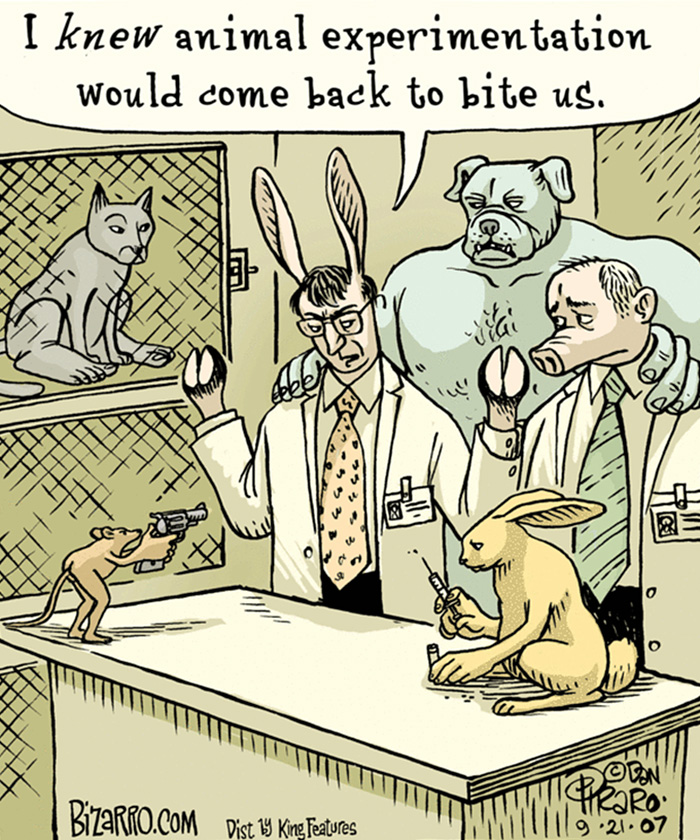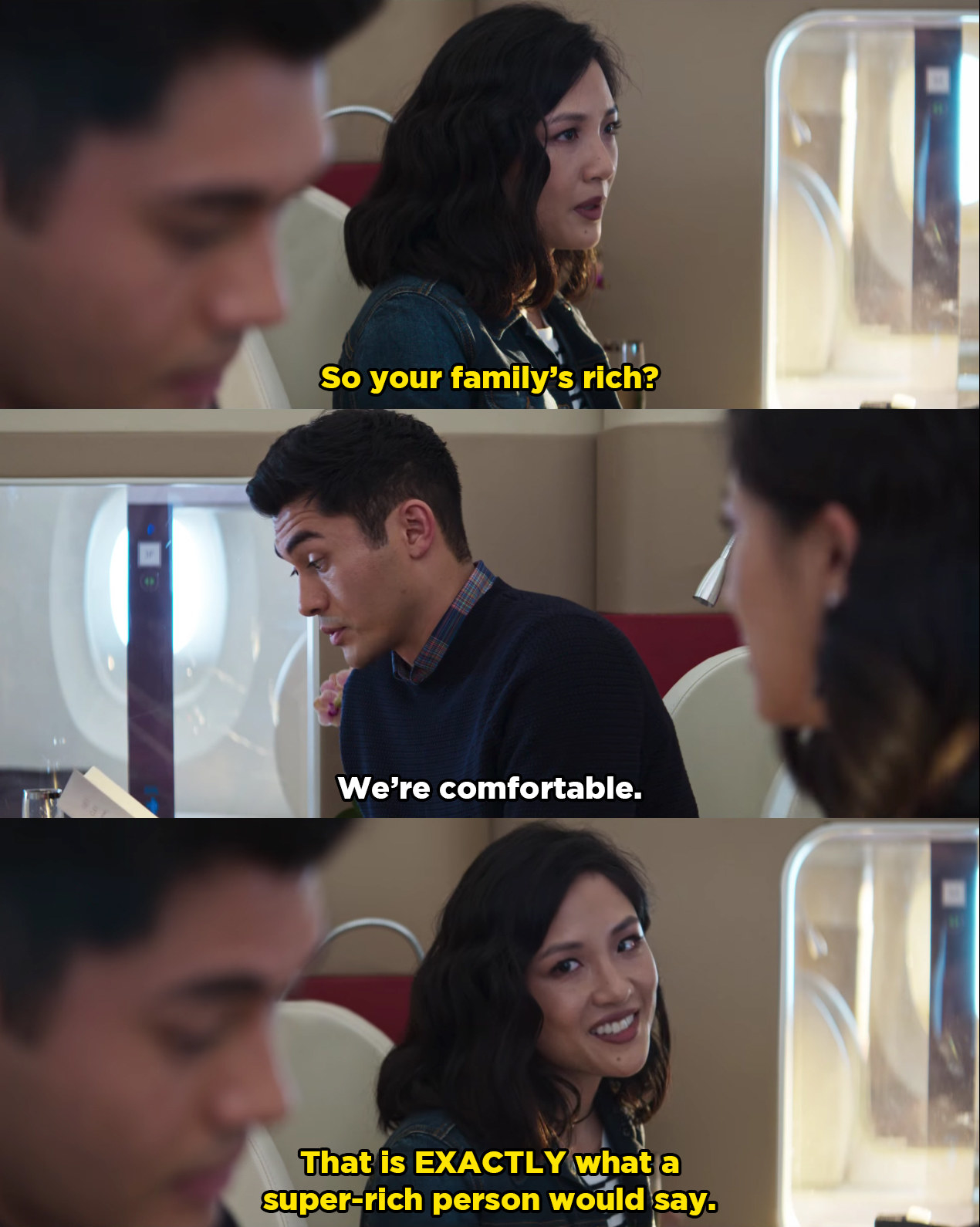Potential Papal Candidates: Examining Leading Cardinals

Table of Contents
Cardinal Pietro Parolin: A Profile of Global Influence and Experience
Geographical and Cultural Expertise
Cardinal Pietro Parolin, currently the Secretary of State of the Holy See, boasts extensive experience working in various parts of the world and with diverse cultures. His career has spanned decades, providing him with a unique perspective on the global challenges facing the Catholic Church.
- Vatican Diplomat: Served as the Apostolic Nuncio to Venezuela and then to Mexico, gaining invaluable experience in navigating complex political and social landscapes.
- Multilingual Proficiency: His fluency in multiple languages facilitates communication and understanding across different cultures.
- Extensive Network: Years of diplomatic service have fostered a vast network of contacts within the Church and beyond.
Strengths as a Papal Candidate
Cardinal Parolin's global network and experience in international relations are significant strengths. His diplomatic skills are highly valued, and his deep understanding of global issues positions him as a potential leader capable of addressing the complex challenges facing the Church worldwide.
- Proven Diplomatic Skills: Successfully negotiated numerous international agreements and addressed sensitive diplomatic issues.
- Global Perspective: Possesses a comprehensive understanding of the Church's global presence and its challenges in different contexts.
- Effective Communicator: Able to articulate the Church's message clearly and persuasively to diverse audiences.
Potential Weaknesses as a Papal Candidate
While Cardinal Parolin's experience is extensive, some might perceive his background as primarily diplomatic rather than deeply pastoral. Further, his relative youth compared to other potential candidates might be considered a factor by some cardinals.
- Less Pastoral Experience: Compared to cardinals with extensive experience in parish work, his background is more focused on diplomacy.
- Relative Youth: While not a disqualifier, his age might be a consideration compared to older, more established cardinals.
- Potential for Conservative Opposition: Some within the Church might see his diplomatic approach as insufficiently decisive on certain doctrinal issues.
Cardinal Gerhard Müller: A Profile of Theological Conservatism
Key Theological Positions
Cardinal Gerhard Müller, former Prefect of the Congregation for the Doctrine of the Faith, is known for his staunchly conservative theological positions. His views are rooted in traditional Catholic doctrine and emphasize the importance of orthodoxy.
- Emphasis on Traditional Doctrine: Strong advocate for upholding traditional teachings on issues such as marriage, family, and moral theology.
- Defense of Church Tradition: Known for his rigorous defense of traditional liturgical practices and theological interpretations.
- Clear and Unambiguous Stance: His positions are generally clear and unambiguous, leaving little room for misinterpretation.
Strengths as a Papal Candidate
Cardinal Müller's unwavering adherence to traditional Catholic teaching resonates strongly with a significant portion of the Catholic faithful. His intellectual depth and theological expertise command respect within the Church.
- Strong Intellectual Depth: Known for his profound understanding of Catholic theology and his extensive scholarly work.
- Clear Theological Positions: His consistent and unwavering stances on key issues provide a sense of stability and certainty.
- Wide Respect Among Conservatives: Highly respected by conservative Catholics worldwide.
Potential Weaknesses as a Papal Candidate
Cardinal Müller's unwavering conservatism might be perceived as inflexible by some, potentially hindering his ability to engage with more progressive viewpoints within the Church. His direct and sometimes confrontational style could also present challenges.
- Potential for Polarization: His strong stances could lead to polarization within the Church and hinder dialogue.
- Limited Engagement with Progressive Views: His strong adherence to traditional views might limit his capacity to bridge divides within the Church.
- Past Controversies: Certain past actions and pronouncements might be criticized by some sections of the Church.
Cardinal [Cardinal's Name 3]: A Profile of Progressive Thought (Replace with a relevant Cardinal)
(This section would follow the same structure as the above two, detailing a Cardinal known for more progressive views. Remember to replace "[Cardinal's Name 3]" with the actual name and populate the content with accurate information about that cardinal.)
Factors Influencing the Papal Election
The selection of a new pope is a complex process influenced by several key factors:
- Theological Positions: The candidate's theological stance and alignment with Church doctrine are crucial considerations.
- Regional Representation: The geographical distribution of cardinals and the need for representation from various parts of the world influence the selection.
- Administrative Skills: The candidate's experience in Church administration and leadership is vital.
- Age and Health: The age and health of the candidate are important considerations, given the demands of the papacy.
- Pastoral Experience: Experience in parish work and direct engagement with the faithful are also important aspects.
Analyzing Potential Papal Candidates
The selection of the next pope will be a momentous decision. The three cardinals profiled here represent a range of theological perspectives and experiences. Understanding their strengths and weaknesses, along with the various factors influencing the papal election, is critical to comprehending the future direction of the Catholic Church. The election process itself is a testament to the complexity and weight of the decision.
The election of a new pope is a momentous occasion. By understanding the potential papal candidates and the complexities of the process, we can better appreciate the leadership of the Catholic Church in the years to come. Continue your exploration of the potential papal candidates by researching other prominent cardinals and engaging in informed discussions about the future of the Church.

Featured Posts
-
 A Look At Boris Johnsons Awkward Animal Interactions
May 11, 2025
A Look At Boris Johnsons Awkward Animal Interactions
May 11, 2025 -
 Is A Crazy Rich Asians Tv Show Really Happening Updates And News
May 11, 2025
Is A Crazy Rich Asians Tv Show Really Happening Updates And News
May 11, 2025 -
 Lily Collins In Calvin Klein A Look At The New Campaign
May 11, 2025
Lily Collins In Calvin Klein A Look At The New Campaign
May 11, 2025 -
 2025 Indy 500 Announcement Sparks Driver Safety Concerns
May 11, 2025
2025 Indy 500 Announcement Sparks Driver Safety Concerns
May 11, 2025 -
 Ufc 315 A Montreal Zahabi Vs Aldo Analyse Du Combat
May 11, 2025
Ufc 315 A Montreal Zahabi Vs Aldo Analyse Du Combat
May 11, 2025
